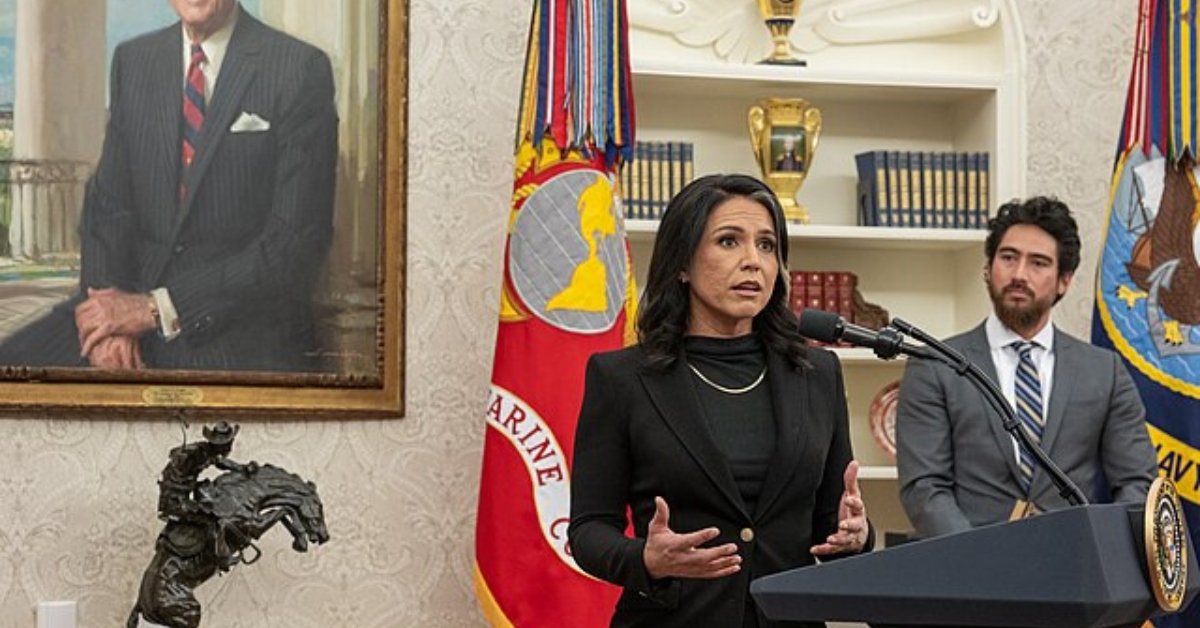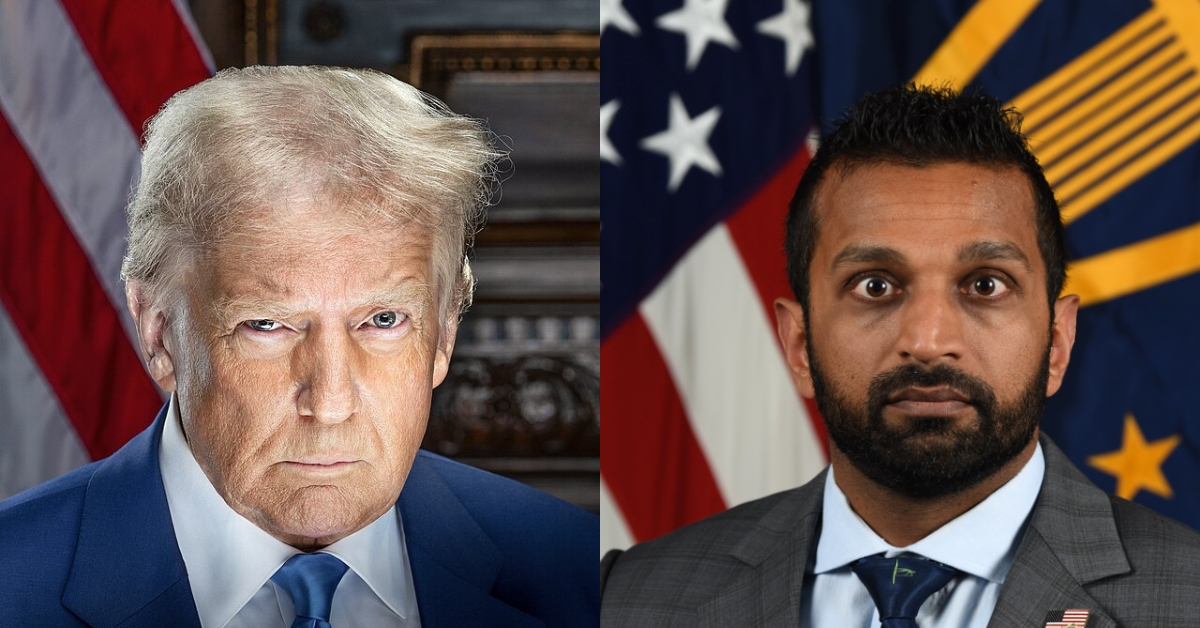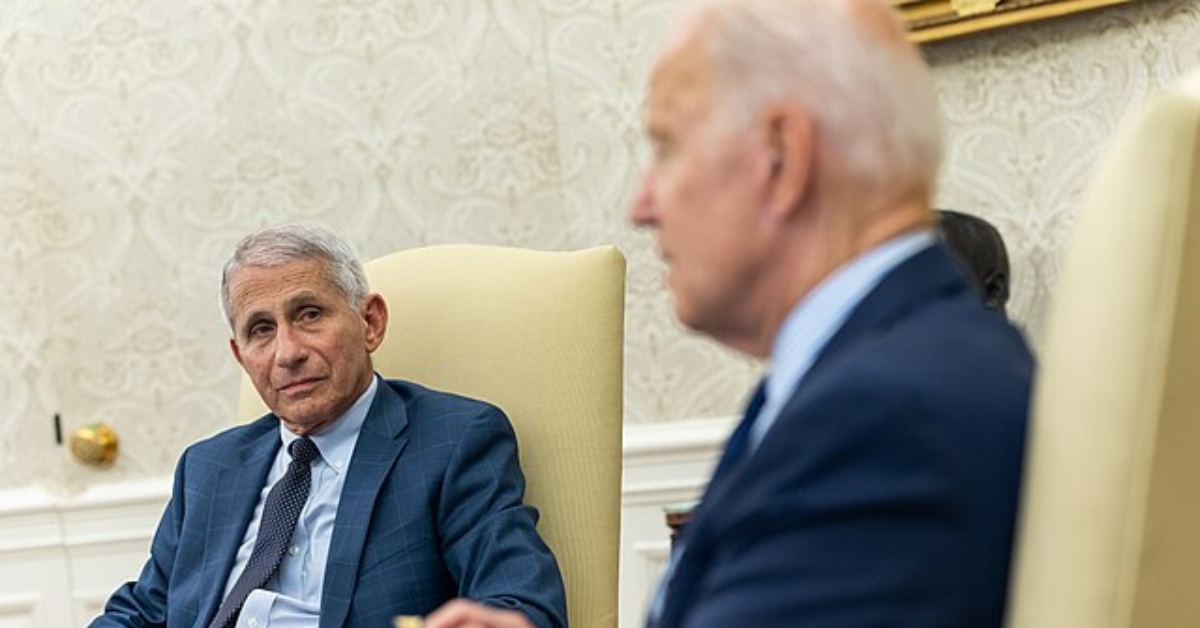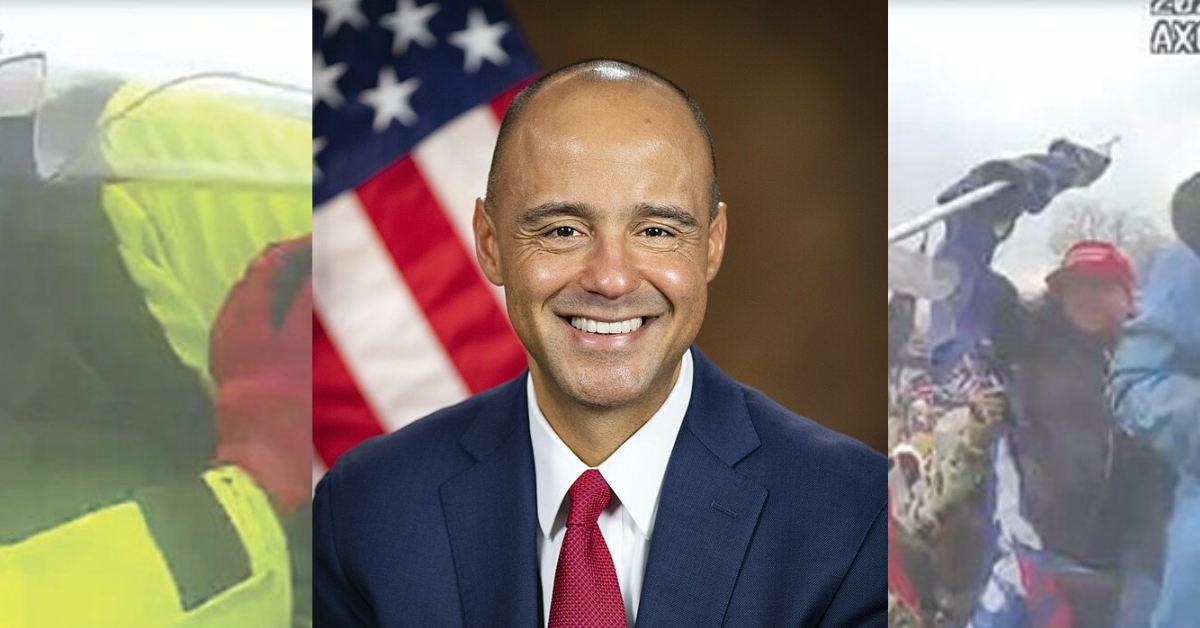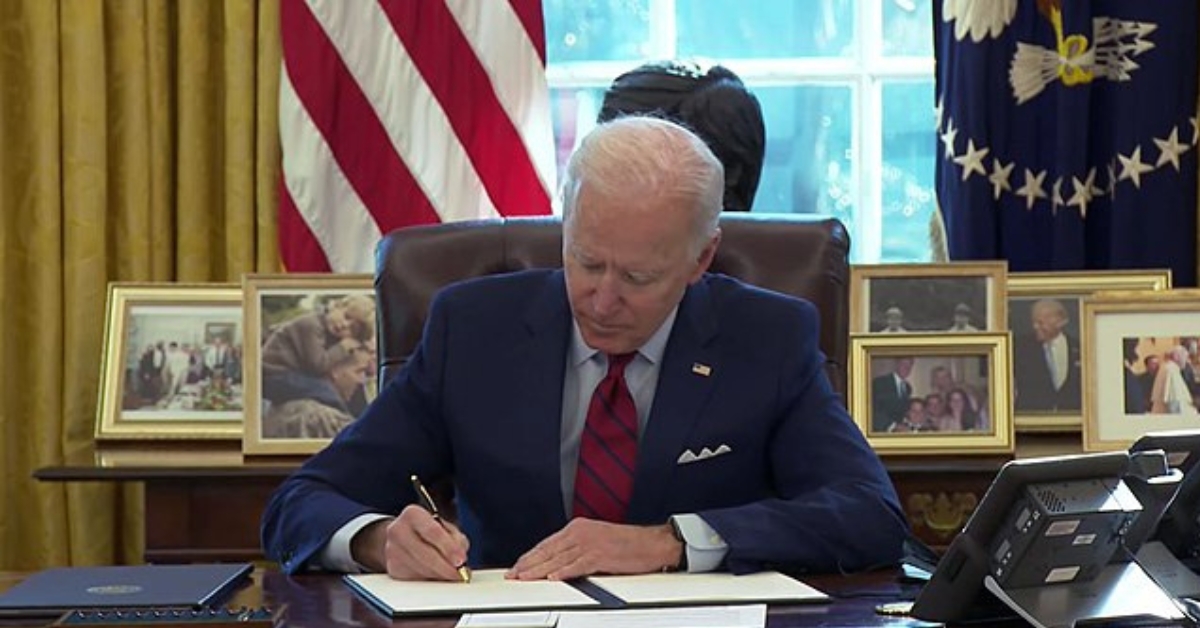
Hunter Biden’s Last Name Was Key to Multimillion-Dollar Chinese Deal
The revelations from a congressional inquiry into the Biden family’s dealings have brought to light a troubling confluence of influence and international business that demands our attention. In testimony that reads more like a political thriller than routine oversight, Robinson “Rob” Walker, a former business associate of Hunter Biden, has peeled back the curtain on the intricate dance of influence and capital that has seemingly become the hallmark of the Biden family’s international business dealings.
Walker’s testimony underscores a disconcerting reality: the Biden name, particularly Hunter’s, was a key part of the business strategy. The leveraging of the Biden family name, as recounted by Walker, was instrumental in initiating and advancing a multimillion-dollar deal with CEFC China Energy, a deal that came to fruition not through the merit of business acumen but through the currency of political influence.
The timing of these dealings, starting while Joe Biden was Vice President and continuing into his post-vice presidency, raises profound questions about the intersection of official duties and personal gain. It’s one thing for private citizens to engage in business; it’s entirely another when those businesses appear to be buoyed by the specter of political influence.
This saga’s centerpiece—the meeting between Joe Biden and CEFC principals after his vice presidency and the subsequent flow of funds to the Biden family—reveals a pattern of behavior that, at best, skirts the ethical boundaries of political influence. At worst, it suggests a commodification of public service for personal profit, a notion that should concern every American regardless of political affiliation.
Moreover, the strategic drafting of letters in Hunter’s name and the explicit acknowledgment of his last name as a door-opener is emblematic of a broader issue that transcends individual deals. It speaks to a systemic problem where influence and access are traded as commodities, where the lines between public service and private gain are blurred beyond recognition.
The juxtaposition of this financial bonanza with Hunter Biden’s minimal involvement in the actual business dealings, as detailed by Walker, further underscores the reality that the Biden family’s value proposition was not expertise or service—it was access.
As this narrative unfolds, with congressional investigations deepening and public scrutiny intensifying, one cannot help but reflect on the broader implications for our political system. If the allegations and patterns suggested by Walker’s testimony hold true, they represent a breach of the public trust, a deviation from the foundational principle that public service is for the public good, not personal enrichment.
As the inquiry continues and more details emerge, it is incumbent upon us, the electorate, to demand accountability and transparency. Our republic is predicated on the trust between the governed and those who govern. When that trust is eroded by the pursuit of personal gain, it is not just the individuals involved who suffer—the very fabric of our democracy is weakened.
In the end, the saga of the Biden family’s international dealings is more than a story of financial transactions. It is a cautionary tale about the dangers of blending political influence with personal business, a reminder of the need for clear ethical boundaries, and a call to action for those who believe in the integrity of public service. The implications of these revelations are far-reaching, and as more information comes to light, it is the responsibility of all involved—lawmakers, investigators, and the public—to ensure that accountability is not just a concept, but a practice.
